Billing & Pricing
Family Emergency Room at Georgetown
The Billing Process Is Confusing, We Can Help!
Family Emergency Room at Georgetown recognizes that emergency medical expenses are never expected, and healthcare benefit plans can be extremely difficult to understand and navigate. Our Patient Advocacy team is dedicated to make you feel comfortable raising questions and/or concerns about your recent visit, your insurance copay/deductible and/or your balance due with us. When you receive your bill(s), please call our Patient Advocacy Line (PAL) for assistance at (737)787-7809.
The Billing Process
Understanding The Lifecycle of a Healthcare Bill
In-Network vs. Out-of-Network - State & Federal Laws
You will only be responsible for your In-Network cost-sharing amount. State and Federal laws require insurance companies to pay for emergency care regardless of the in-network or out-of-network status of the facility. During your registration you will be asked to sign an authorization form which allows us to Negotiate and Appeal your claim with your insurance company for reimbursement on your behalf. You will never get "stuck in the middle" at our facility.
The Claim
We send your medical Claim to your insurance company. Once your insurance company receives the claim, they are supposed to respond within 15 days. They have 35 days to offer payment to settle.
Explanation Of Benefits (EOB)
Approximately two weeks after your visit, you may receive an Explanation Of Benefits (EOB) Statement from your insurance company. Do not worry! This is not your bill, and please disregard the section of the EOB statement that states “You may owe$ —-”
The amount stated on the EOB is not a bill from us.
How We Deal With Undervalued Claims
If your insurance company has undervalued your claim, Family Emergency Room at Georgetown will send an appeal to the insurance company asking them to reimburse at Fair Market Value. The insurance company then has up to 120 days to send additional reimbursement or a formal denial of additional payment. The insurance industry often will require 3 separate levels of appeals each taking up to 120 days. It is common for the appeals process to take up to a year. If the appeals process fails to encourage your insurance to properly value the claim, after we’ve exhausted the appeals process, Family Emergency Room will send you a bill. This will only be for your In-Network responsibilty and never a balance bill.
What Does the Bill Sent to You Mean?
Once we have completed the appeals process, if necessary, Family Emergency Room at Georgetown will send you a bill for the amount requested by your insurance company for the claim. This is NOT a Balance Bill. It is your coinsurance or deductible amount for your In-Network benefit. If you have questions or difficulties, please call us. We are here to help in every way.
Still A Bill? Please Call Us!
In the event you receive a bill at the conclusion of this lengthy process, we highly recommend you call our Patient Advocacy Line (PAL) at (737) 787-7809 and speak with our specialists, Mayra or Florell.
Billing Questions
Billing Notice
The hospital is out-of-network for all benefit plans.
Hospital Notice Required by HB 2041
The facility is licensed as a Hospital under the provisions of Chapter 241, Health and Safety Code, and the Hospital Licensing Rules. The facility charges rates comparable to other hospitals and may charge a facility fee for emergency room services. The facility or physician providing services at the facility may be out-of-network with the patient’s health plan. A physician(s) providing medical care at the facility may bill separately from the facility for the medical care provided to a patient. The hospital is out-of-network for all benefit plans.
El hospital está fuera de la red para todos los planes de beneficios.
Aviso hospitalario requerido por HB 2041
La instalación tiene licencia como Hospital bajo las disposiciones del Capítulo 241, el Código de Salud y Seguridad, y las Reglas de Licencias Hospitalarias.
La instalación cobra tarifas comparables a otros hospitales y puede cobrar una tarifa de instalación por los servicios de sala de emergencias.
El centro o médico que presta servicios en el centro puede estar fuera de la red con el plan de salud del paciente.
Un médico que proporciona atención médica en el centro puede facturar por separado del centro para la atención médica proporcionada a un paciente.
El hospital está fuera de la red para todos los planes de beneficios.

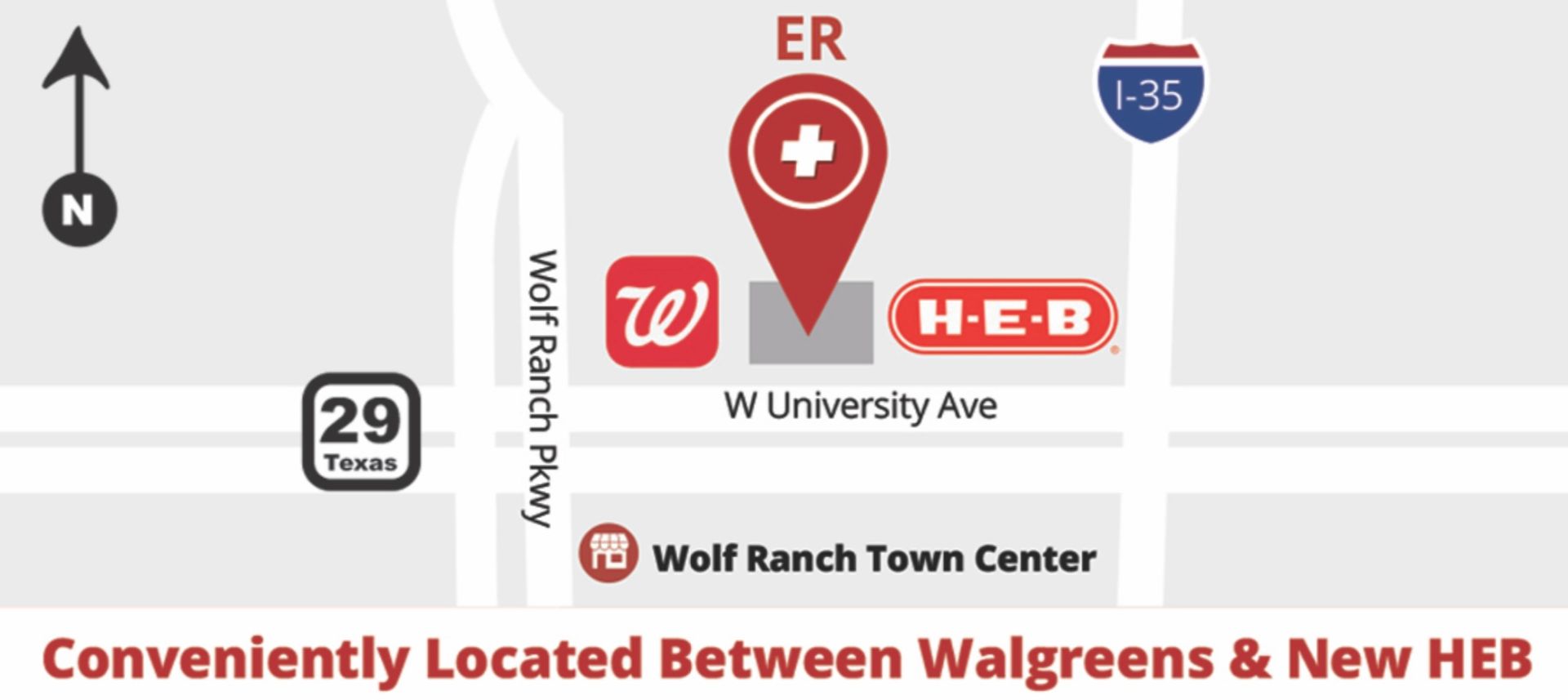
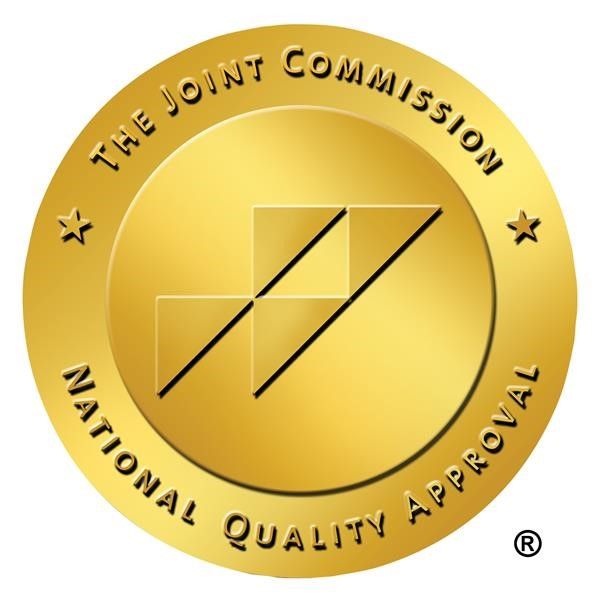
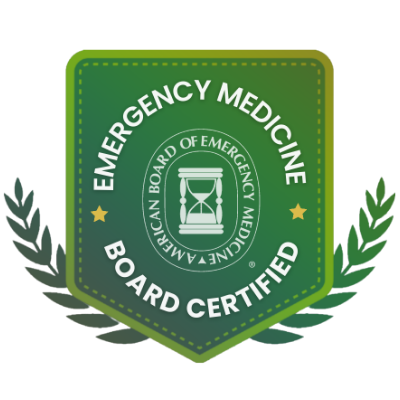
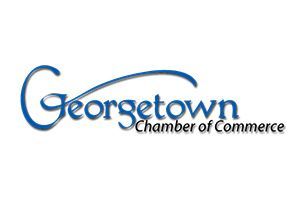
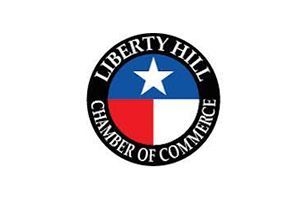
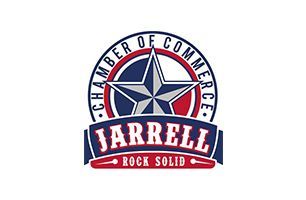



Share On: